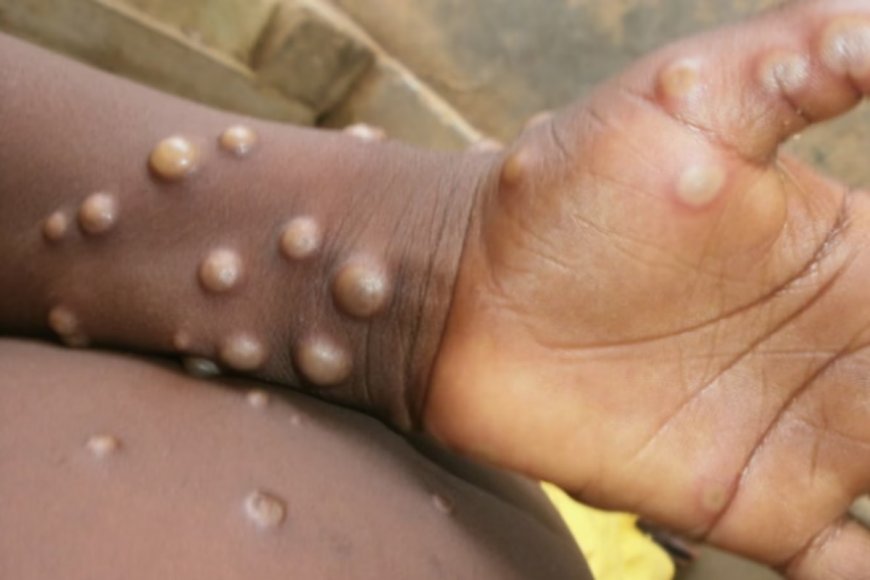First Case Of Monkeypox Confirmed In India: Ministry Of Health
The Ministry said that the patient remains clinically stable.

New Delhi: The Ministry of Health on Monday, September 9 confirmed the person that recently travelled from an African u.s. has Monkeypox (Mpox). His samples were sent for checking out on Sunday. He is currently isolated at a chosen tertiary care isolation facility. Without disclosing the identity of the infected man, the Ministry said that the patient remains clinically stable.
The Union Health Ministry on Sunday, 08 September 2024 said that a young male, who travelled to a u.s. tormented by Mpox, has been identified as a suspect case of the disease following which he became isolated in a chosen sanatorium.
“Samples from the patient are being tested to confirm the presence of Mpox,” the ministry said.
“A young male patient, who recently travelled from a u.s. currently experiencing Mpox (monkeypox) transmission, has been identified as a suspect case of Mpox. The patient has been isolated in a chosen sanatorium and is currently stable. Samples from the patient are being tested to confirm the presence of Mpox. The event of this case is per the earlier risk assessment conducted by the NCDC and there won't ever be any trigger off of any undue concern,” said a notification issued by the Union Health Ministry.
Earlier, the Indian Council of Medical Research (ICMR) had warned, “Small formative years are more liable to this disease by reason of which its symptoms will be monitored.”
How Does Monkeypox Spread
Mpox, often most often is sometimes called monkeypox, is spread primarily through close skin-to-skin contact with infected people or their soiled clothes or bedsheets. It often causes visible skin lesions which may per chance make people less likely to be in close contact with others.
To stay safe, experts advise warding off close physical contact with somebody who has lesions equivalent to mpox, not sharing their utensils, clothing or bedsheets and declaring good hygiene like regular hand-washing.
The transmission requires prolonged close contact with an infected case and is most often at some point of the sexual route, direct contact with body/lesion fluid, or contaminated clothing/linen of an infected person.
What's Your Reaction?



























































